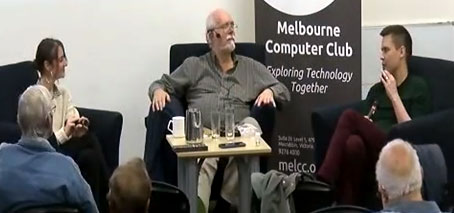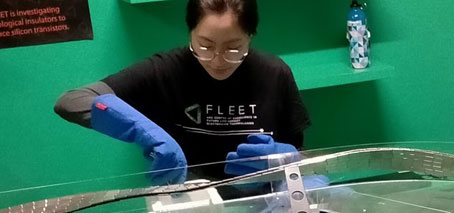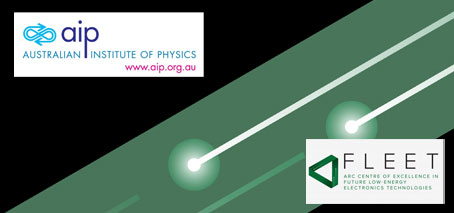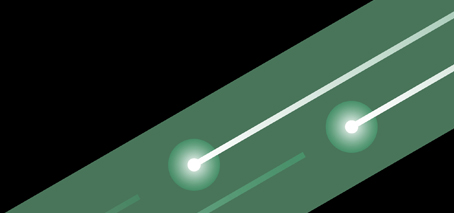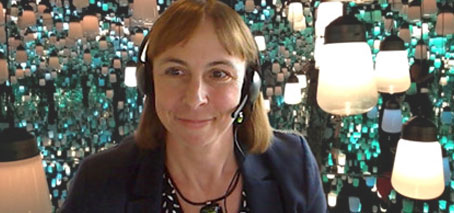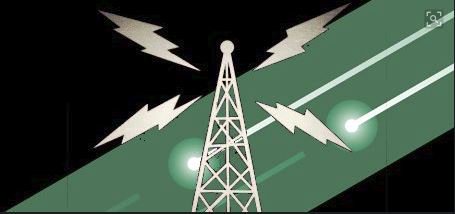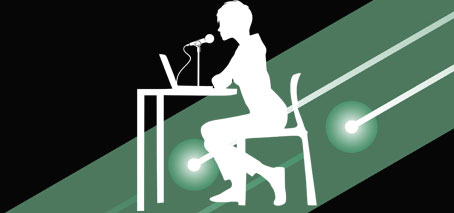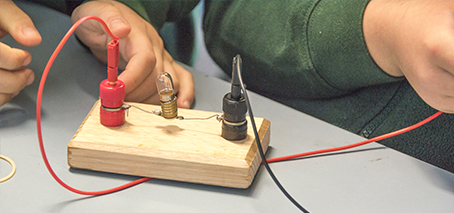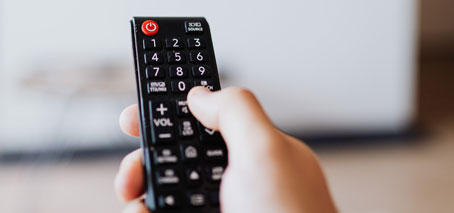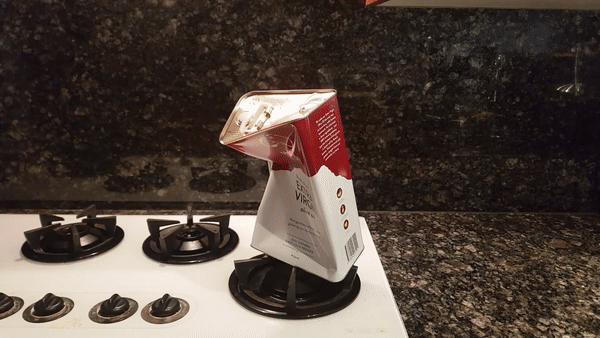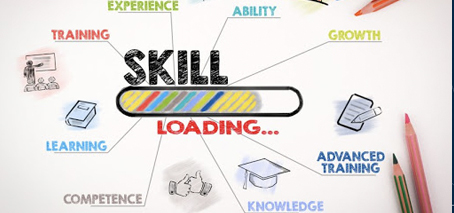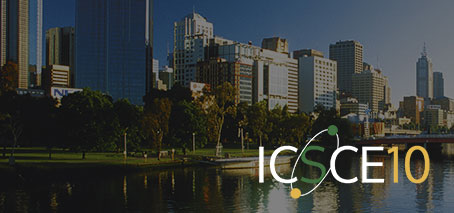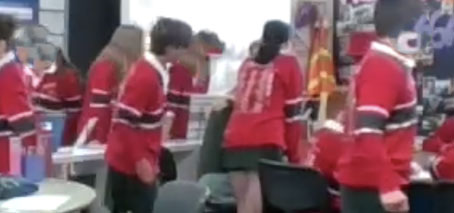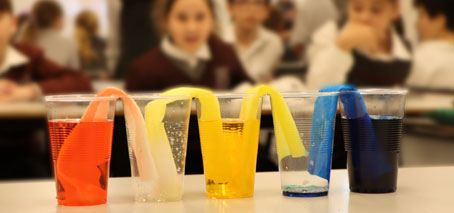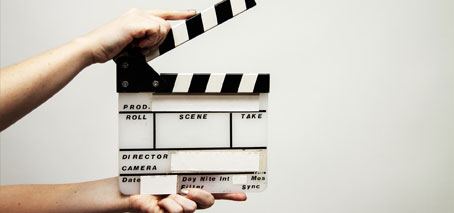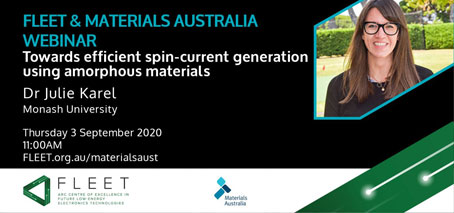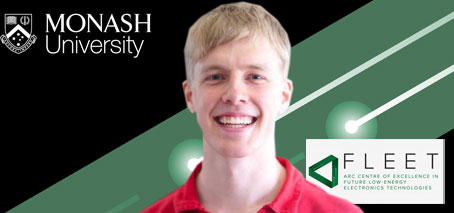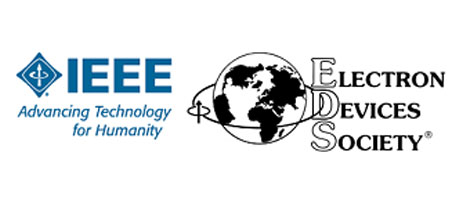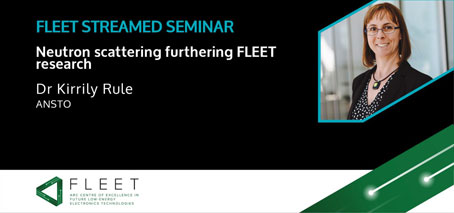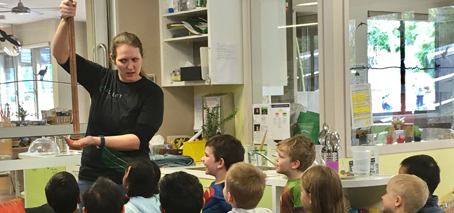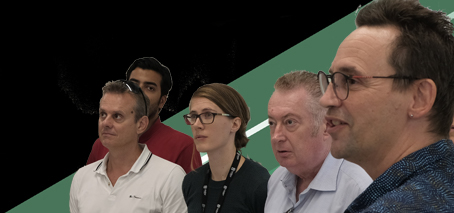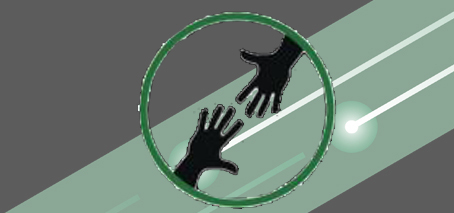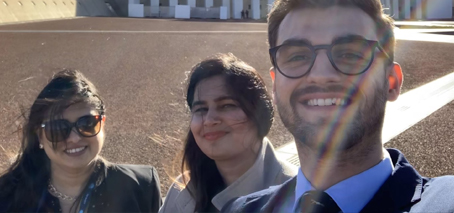What is the future of computing? As Moore’s law is approaching an end, new technologies are required to enable further advances in computational speed and energy-efficient data processing. As transistors took their first baby-steps over half a century ago, the next generation of electronic switches are being born today. Engaging with the Melbourne computing and electronics community in a ‘fireside …
Engaging public conversations at Melbourne Knowledge Week
Melbourne Knowledge Week (26 April-2 May 2021) was an opportunity for FLEET to engage with over 350 members of the public about the exciting future of computing, and the vital role of energy-efficient electronics in that future. FLEET’s sustainable computing booth ran for the full week at the festival hub, with hands-on science demonstrations linked to materials used in FLEET …
Maintaining international links in the absence of international travel
US–Australian transpacific condensed-matter talks The temporary halt in international visits that traditionally spark and fuel research collaborations in 2020 pushed FLEET to find new ways to connect. Some positives have surfaced amid the negative impacts of Covid-19 travel bans on science collaboration, including the expansion in videoconferencing allowing researchers from geographically isolated regions to connect. Together with Centre partners at …
Monthly talks bring Australian research to the physics community
A series of talks spotlights leading Australian physics research for the physics community. Co-organised by FLEET and the Australian Institute of Physics, the series throws the spotlight on a different Australian Research Council Centre of Excellence each month, with AIP members and others in the physics community dialing in over zoom to hear about leading Australian research. To date, over …
FLEET heading to Melbourne Knowledge Week
Melbourne Knowledge Week (26 April-2 May 2021) will be an opportunity for FLEET to engage with the public about the exciting future of computing, and the vital role of energy-efficient electronics in that future. FLEET’s sustainable computing booth will run for the full week at the festival hub, with hands-on science demonstrations linked to materials used in FLEET research, such …
Online format is easy, enjoyable engaging: SMP 2021
This years’ Science Meets Parliament 2021 transitioned to a mostly virtual event and I must admit, I enjoyed this format thoroughly. The format involved shorter sessions scheduled throughout March, which made it much easier to attend amongst other work and family commitments. This extended program was in conjunction with 2 full days of focused sessions with seminars on topics such …
FLEET PhDs on the Melbourne airways
Three FLEET PhD students this month featured on popular radio science show Einstein a go-go, on the show’s regular “20 PhDs in 20 minutes” segment. In this format, student and host each get a minute, covering the student’s entire project in just two minutes combined. (Perfect practice for the famous ‘elevator pitch’.) The three FLEET presenters were Alex Nguyen (Monash), Matt …
2020: a challenging year for outreach!
In 2019, after a remarkable achievement in reaching over 10,000 students, FLEET voluntarily raised its outreach target from 200 students to 2000 students, 50 teachers to 75 teachers and 2000 public members to 5000 public members. And then Covid happened … However, despite the unique challenges that Covid imposed on face-to-face outreach, cancelling public events and banning in-class or in-lab …
Engaging senior school students at JMSS in 2020
In 2020, FLEET continued the Year 10 ‘Future electronics’ course launched the year before in partnership with John Monash Science School (JMSS), Victoria. As well as covering the history of semiconductors, Moore’s Law and computing, the course introduces quantum physics at an intuitive level (with minimal maths) and expands on this fundamental understanding to explain complex, useful quantum states such …
Spotlighting ARC physics in 2020
FLEET pushed out the boundary of online talks, collaborating with the Australian Institute of Physics (AIP) to co-host a series of monthly public seminars highlighting Australian physics research. The new series throws the spotlight on a different Australian Research Council Centre of Excellence each month, with AIP members and others in the physics community joining over Zoom to hear about …
Remote outreach that’s also hands-on
FLEET scientists seeking new, creative ways to do science outreach found a silver lining in Covid-19 restrictions: they actually improved the experience for students. A team of FLEET-UNSW PhDs and early-career researchers (ECRs) was able to bridge 2020’s Covid restrictions to safely engage a classroom of students with virtual, but hands-on science. Led by PhD student Vivasha Govinden and node …
‘Pivoting’ to virtual: online lab tours in 2020
In the absence of in-house lab tours to introduce school students to working labs and researchers, in 2020 FLEET developed and distributed a series of ‘virtual lab tours’, of varying levels of interactivity: Show-and-tell lab tour via webcam for John Monash Science School (JMSS) students at Clayton of FLEET laboratories at UNSW in Sydney (materials science), and Swinburne University in …
Members’ homescience
While FLEET’s face-to-face outreach efforts were necessarily limited in 2020, the Centre innovated new ways to keep our members involved in science outreach. Several FLEET members took advantage of lockdown to generate homescience experiments at home, with a seeming bias towards experiments that involved blowing something up or setting something on fire. (An insight into lockdown frustration perhaps, or just …
Hosting FLEET research seminars in 2020
FLEET turbo-charged our existing Centre-wide seminar series in 2020, with 10 research seminars – a significant increase from only four seminars in 2019. Very aware of the importance of Centre cohesion without inter-state travel and with many universities in lockdown, FLEET threw extra resources into monthly Zoom seminars, often overlapping with expanded ‘journal club’ meetings involving multiple interstate visitors. Two …
Hosting scientific meetings in 2020 (ICSCE10)
In January 2020 FLEET brought the 10th International Conference on Spontaneous Coherence in Excitonic Systems (ICSCE10) to Australia for the first time. Continuing this 15-year tradition from the global scientific community interested in various quantum phenomena, ICSCE10 was hosted at the Arts Centre Melbourne amidst smoke storms resulting from one of the worst bushfire seasons in Australia’s history. ICSCE10 brought …
Remote science-outreach ‘wow’s students
Distance and Covid will not stop science-outreach. Thank you Zoom!** **not a paid partnership : ) Students at Elsternwick Primary School in Victoria had the opportunity to learn about electrical power, in a hands-on exercise guided by on-screen FLEET members, and following two of the experiments from FLEET’s comprehensive Home Science library. “A unanimous ‘WOW!’ came from all four classrooms …
Engaging science-outreach in the times of COVID
Scientists finding creative ways to do science-outreach found a silver lining in COVID restrictions actually improved the experience for students, and took the scientists back to remember ignition of their own childhood ‘science spark’. A team of FLEET PhDs and ECRs at UNSW were able to bridge 2020’s COVID restrictions to safely engage a classroom of students with virtual, but …
UNSW outreach videos from the lab
It’s certainly been a challenge, maintaining science-outreach efforts in 2020… But a group of a FLEET researchers found a way to showcase their labs at UNSW recently, spotlighting the facilities for prospective students at the university’s virtual open day. Introduction to the undergrad physics labs (Krittika Kumar, Matt Rendell, Yoni Ashlea-Alava and Karina Hudson) Measuring superconducting quantum interference: a third-year …
Julie Karel describing search for future memory, for Materials Australia
An online audience of almost 90 tuned in this week to hear FLEET CI Dr Julie Karel describing her search for non-volatile memory technologies and associated materials challenges. The talk was co-hosted by FLEET and Materials Australia. Catch up on the talk here Julie described her own work at Monash Department of Material Science and Engineering developing materials that can …
Matt Gebert: outreach champion
Congratulations to FLEET PhD student Matt Gebert, recognised for his dedication to science-outreach by the Monash Faculty of Science. Matt’s contributions to science outreach include running lab tours with Monash Tech School, demonstrating levitating superconductors and speaking at Monash University open day, teaching regional students via the Emerging Science Victoria program, coordinating PhD day, and in-class demos and talks, including …
Behind the scenes at Monash
Shooting for an all-online open day featuring FLEET’s material labs at Monash University’s New Horizons building, FLEET Research Fellow Dr Semonti Bhattacharyya with School of Physics and Astronomy Steve Morton. See the resulting video on Monash Physics youtube.
What comes after CMOS? An expert discussion
A panel of experts featuring Dr Paolo Gargini (formerly Intel, head of several international semiconductor roadmaps), Prof Michelle Simmons (UNSW, Director. ARC Centre for Quantum Computation and Communication Technology) and Prof Michael Fuhrer (Monash Uni., Director of ARC Centre of Excellence in Future Low Energy Electronics Technologies.) and a guided discussion about the future of electronics beyond CMOS and the role semiconductors and other materials …
Kirrily Rule live-streamed neutron-scattering talk to the AIP
FLEET Partner Investigator Kirrily Rule (ANSTO) introduced an audience of over 100 to the use of neutron scattering in material analysis last week, in a live-streamed seminar co-hosted with the Australian Institute of Physics. Neutron scattering is a powerful tool for investigating the structure and dynamics of condensed matter systems. In particular the magnetic spin of the neutron can interact …
Engaging Australian public and school students with emerging physics
Australian, public-funded physics centres share a responsibility to engage the Australian community with physics, with the aim of: Increasing the participation of students in science and physics Increasing understanding of and passion for science in the general public Improving the outreach skills of early-career (and senior!) physicists. For example at FLEET (the ARC Centre of Excellence in Future Low-Energy Electronics …
Hosting Materials Australia at UNSW
—by Cecilia Bloise, Node Coordinator, UNSW Materials Australia members were hosted on a tour of FLEET’s labs at UNSW in February. FLEET is an ARC Centre of Excellence researching novel materials for ultra-low energy electronics. FLEET represents over a hundred physicists and materials scientists working to develop a new generation of electronics to address the challenge of energy used in information …
Spreading a passion for science: FLEET’s outreach efforts in 2019
FLEET focuses significant efforts on science outreach, with the aim of: Increasing the participation of students in science and physics Increasing understanding of and passion for science in the general public Improving the outreach skills of FLEET members Supporting the public discussion of FLEET-specific science. FLEET shares the responsibility to increase the participation of students in science, and to increase …
Extending FLEET’s engagement with school students
In 2019, FLEET cemented its relationship with Monash Tech School continuing to be involved as the school ramped up its activity. FLEET’s fruitful partnership with Monash Tech School features lab tours that provide hands-on science experiences for participating secondary students. From May to December, FLEET provided lab tours and activities on an almost weekly basis for Year 8 students from …
Collaborating 2019
FLEET continues to build links with other science organisations within Australia to further the reach of science, advance equity issues and develop future leaders, for example: Sponsoring childcare at the annual Science Meets Parliament, with Science and Technology Australia (STA) Running pitch training with two other ARC Centres of Excellence Co-sponsoring Physics in the Pub with three ARC Centres of …
Three of FLEET’s future science leaders engaging with policy-makers
FLEET had a team of three researchers at Science meets Parliament (SMP) in November, talking to parliamentarians and other scientists from around the country, and perfecting the art of pitching to politicians. FLEET’s gun team were: Hareem Khan (RMIT), Oliver Stockdale (UQ) and Semonti Bhattacharyya (Monash). Science Meets Parliament is an annual meeting of Australia’s policy-makers with leading and emerging …
Discussing future science with future scientists (Queensland)
FLEET’s Matt Davis (node leader University of Queensland) discussed the future of science with some of Australia’s future scientists this month at Ipswich State High School, with local MP Shayne Neumann and James Rasmussen of Origin Energy.

